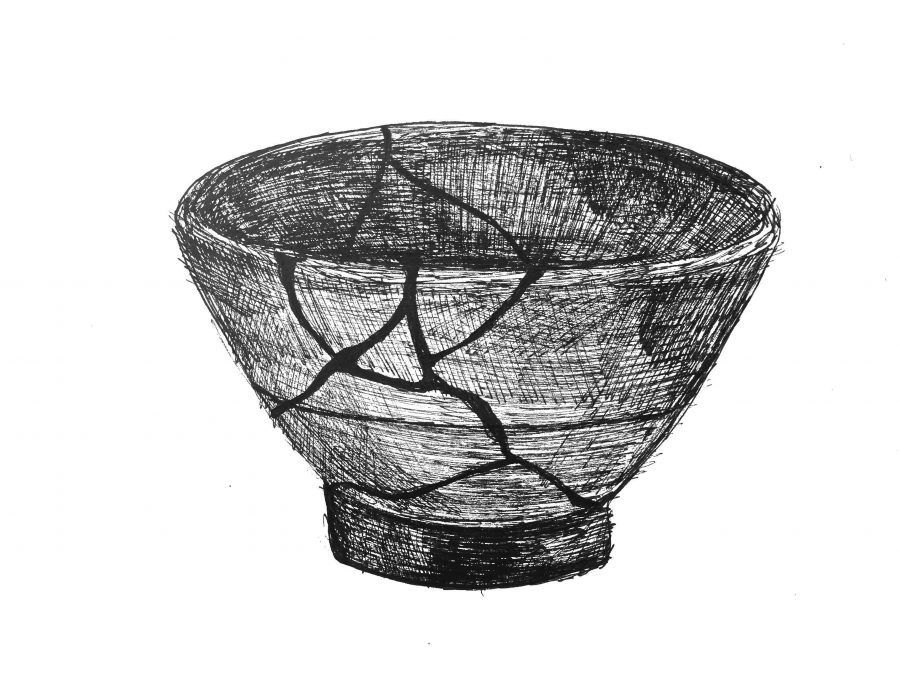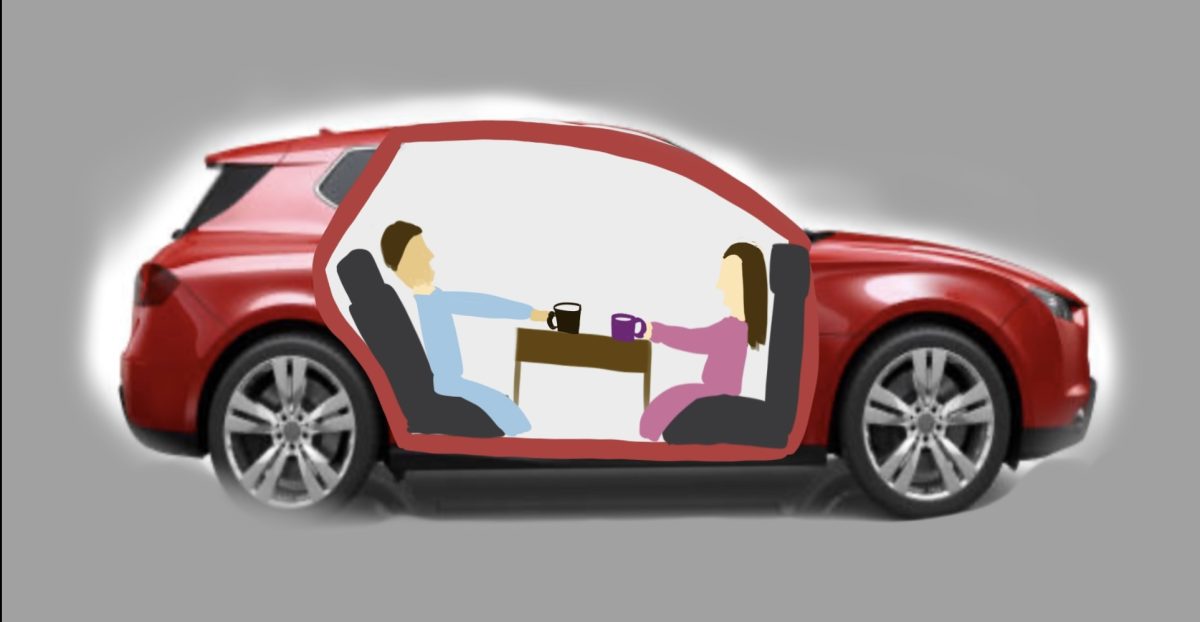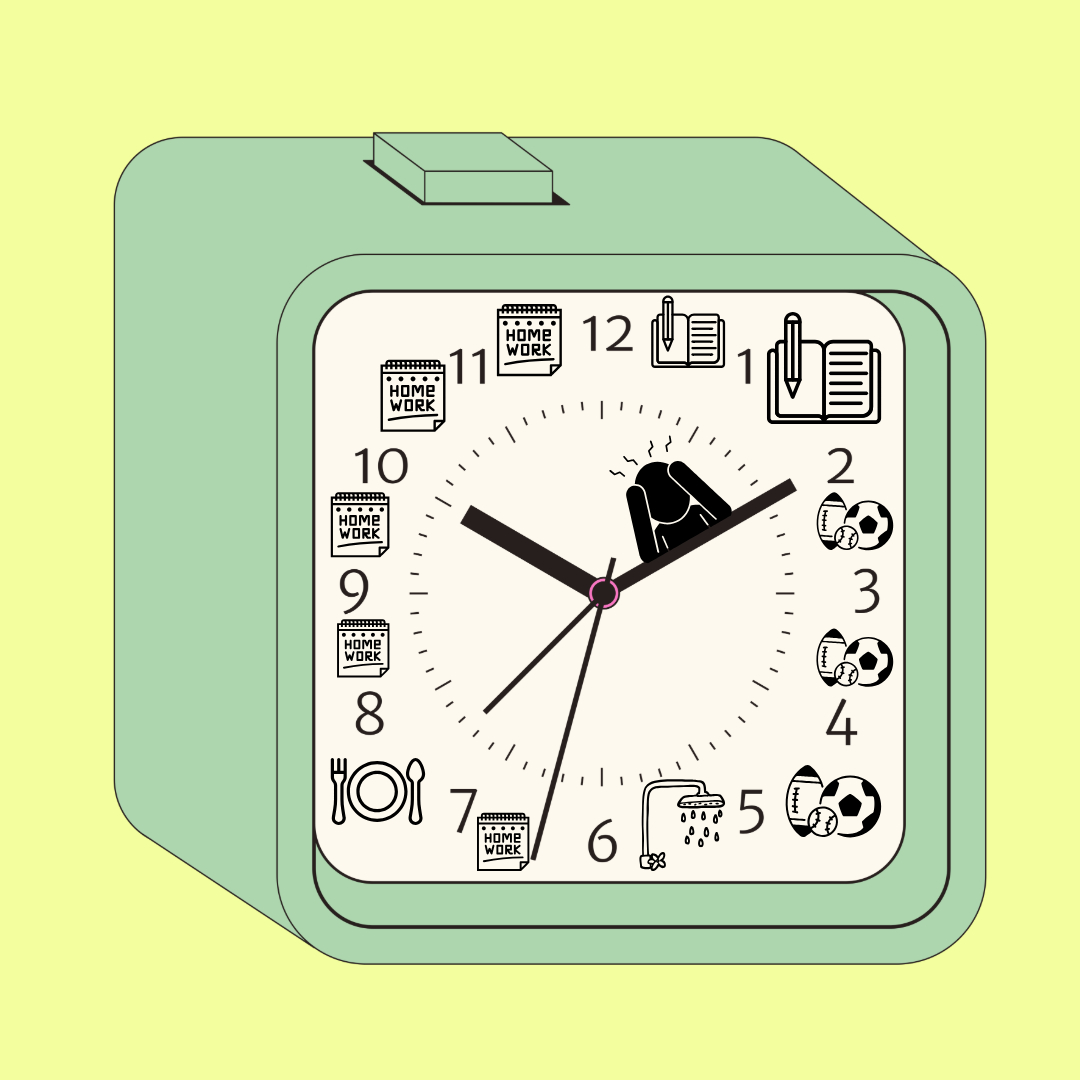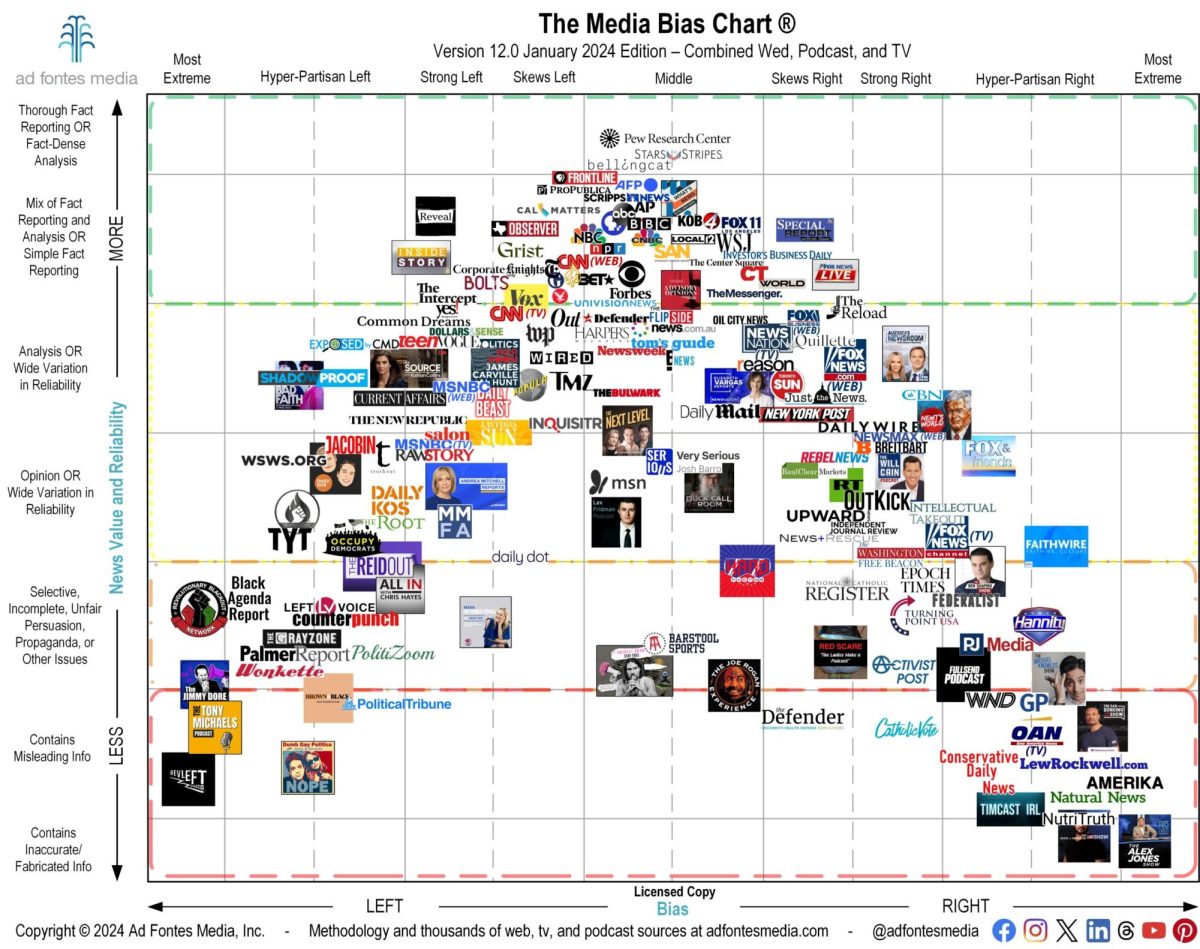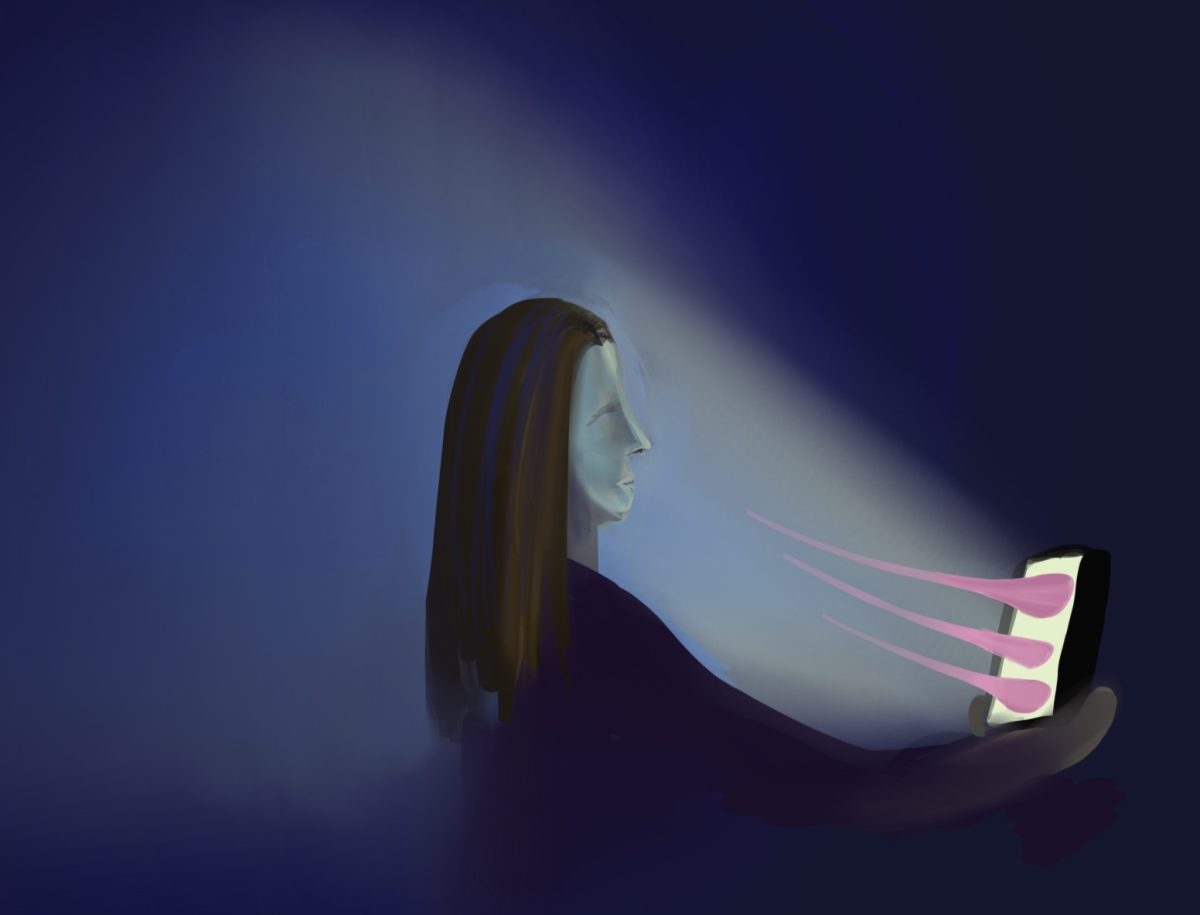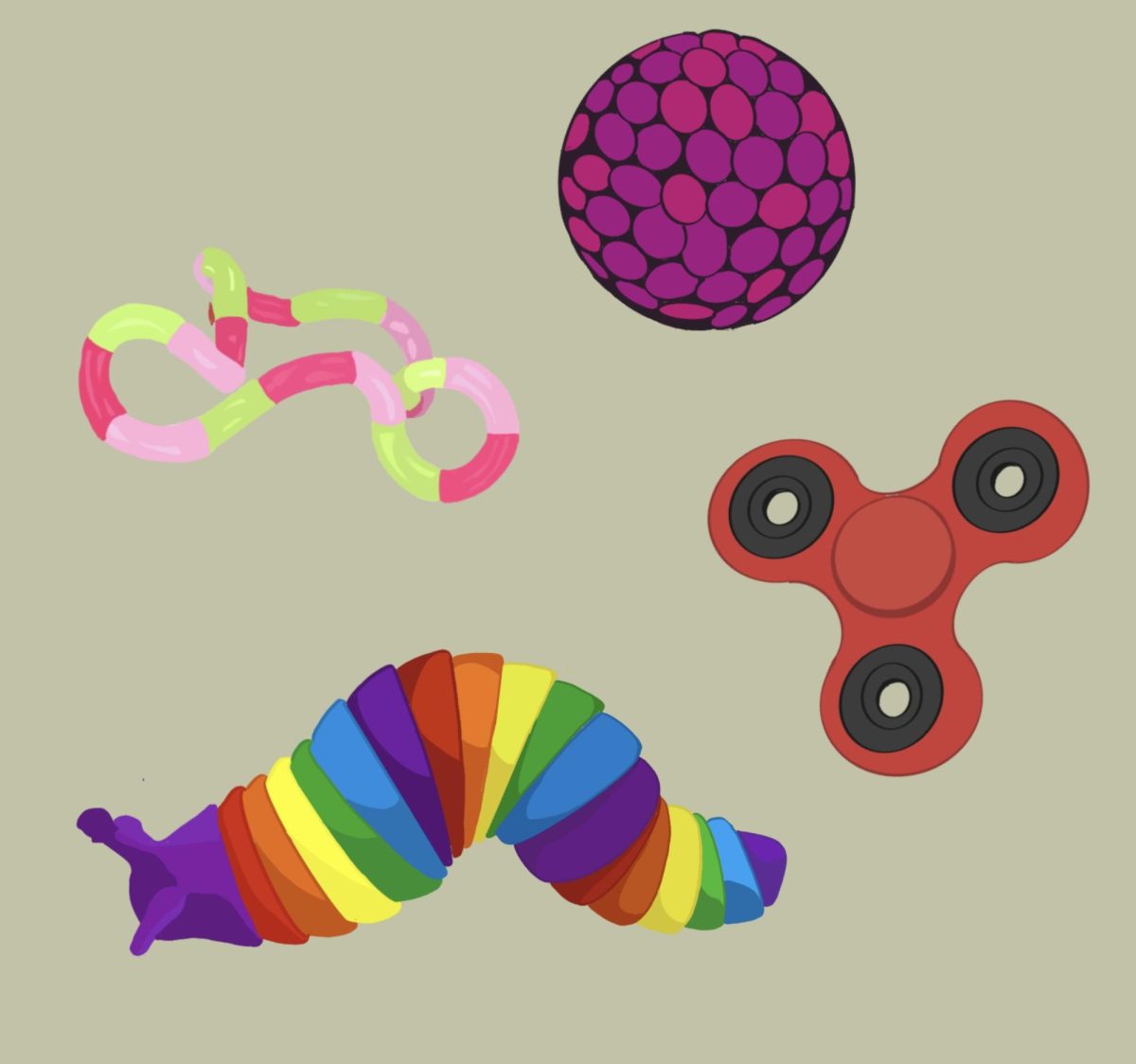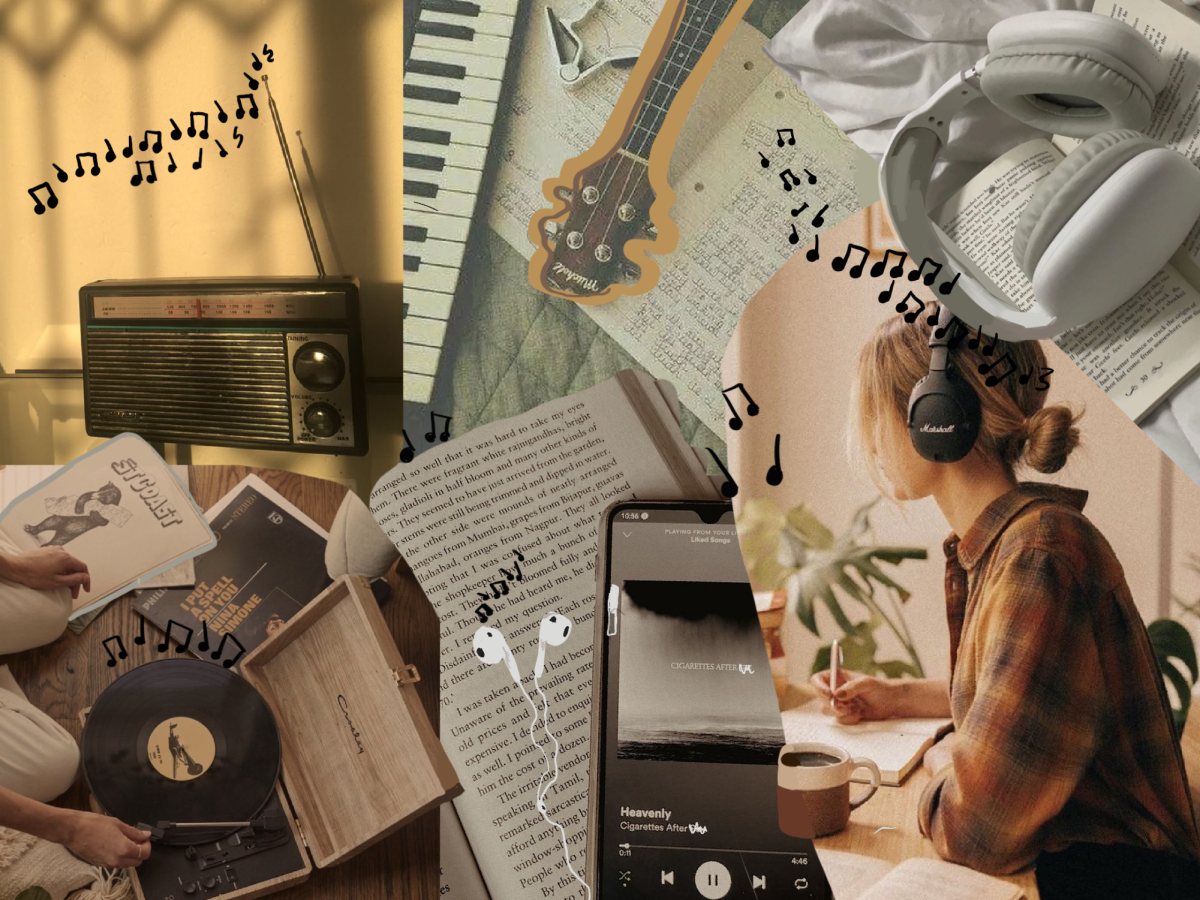We are each a chipped bowl. We are handmade, bare, rich with human flaws.
In a society driven for perfection—perfect professional achievement, relationships, looks and health—we are conditioned to believe that success is measured by joining the bandwagon in the quest for fulfillment. Today, high school seniors are hearing back from colleges to see if their endless race of schooling defined them as perfect for their futures. In a degree, there is great value in possessing the appetite to achieve a quintessential life. Nonetheless, this drive for perfection in itself is imperfect, for it can inhibit creativity and produce unnecessary interpersonal comparisons. In order to achieve a perfect life, we must first unleash our creativity and not only accept but embrace our imperfections.
In the western world we live in, we have always strived for perfection. I can admit to being a perfectionist myself, as I always have to ensure that everything fits in the correct spot, and nothing can be finished unless it fits my definition of being complete. I see elementary school children mastering the art of the coloring book and meticulously picking out colors for each section within the lines. Teenagers preparing for college check off their to-do lists one step at a time, before realizing that four hours of sleep at night is not sufficient. Career-driven adults take every action to appease their bosses in hopes of promotions.
We see older generations gravitate toward perfection, so every action we do just follows in their footsteps. With each year added onto our lifetimes, we progressively yearn to be accepted by others and fit the goals that society has already planned for us. How can we ever be creative if every action is already predetermined?
In the eastern world, there is a philosophy known as wabi-sabi. Rooted in Zen Buddhism, wabi-sabi calls for us to value imperfections. In Japanese tea ceremonies, the ceramics holding the tea would be cracked and uneven. While we may see this as ugly, the Japanese would view the rawness and simplicity as the utmost form of beauty.
Our culture’s elementary philosophy is to never color outside of the lines. We work until our bodies cannot physically handle the pain, and we entreat our peers for acceptance. We are each human-made bowls pretending to come from a machine.
The wabi-sabi philosophy values that each of us are different. Each of our bowls get weathered by nature, chipped by society, discolored by envy and shattered by facades. Each individual one is original—and that is okay.
Unleash your creativity. For example, when given a project in class, search for ideas that will be unlike all others. In life, there is a balance between following a prompt and creating your own.
Life can only be the so-called perfect if we embrace our imperfections. As long as you find your passions and accept possibilities, your bowl is beautiful. Beauty is being genuine, while coloring outside of the lines and watching your bowl widdle down into the true shape of you.


